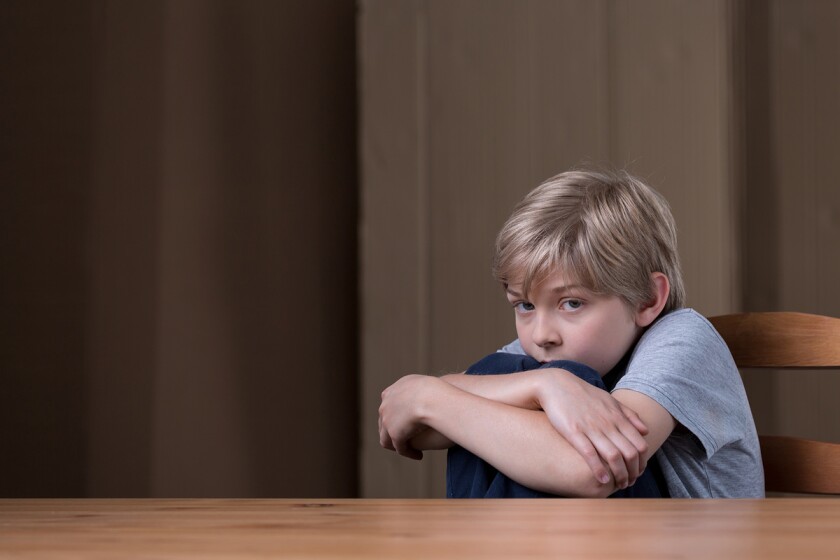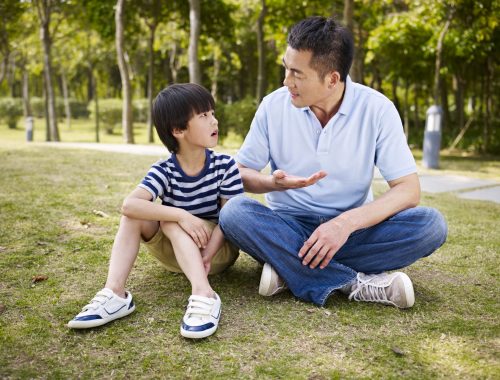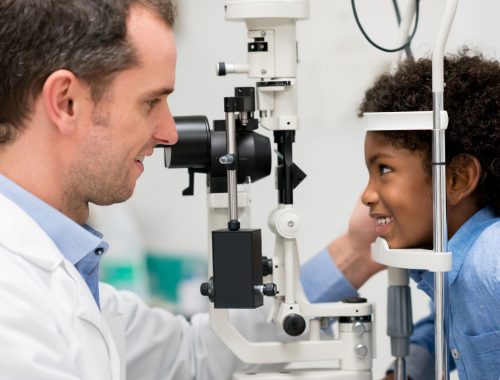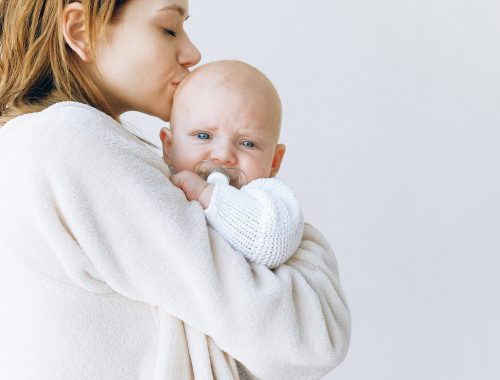
10 of The Most Common Fears in Childhood
This is part of your learning process. All children are afraid of animals, the dark, bugs…. But don’t worry, reasonable fears have their advantages. On the one hand, they make you aware of the real dangers of life, and on the other hand, once overcome, they strengthen your self-esteem. In the meantime, your job is to help him overcome them so that they don’t paralyze him or turn into phobias.
While there are some very “personal” fears – you may be terrified of the lady on the fourth floor or the sound of a toy – it’s common for you to share your fears with most children at some point in your life. The most typical ones are:
1. Parental Absence
When their caregivers -especially mom- move away from them, they suffer from the fear of abandonment. It is a fear that usually appears before the year, is very pronounced around 2 or 3 years old, and can last until 6 years old.
2. The Dark
This is perhaps the most universal fear that appears around the age of 2. When the light goes out, the imagination is triggered, the noises are misunderstood… and moreover, everything happens when he is alone in the room.
3. Strangers
The fear of strangers appears very early – around 8 months of life – and can last for several years.
4. Loud Noises
This, especially if they are sudden. It also appears in babies, and can last beyond 5 years.
5. Doctors
White coat is related to fear of pain, or not knowing what they will do to you.
6. The Water in the Pool or in the Sea
It is born from our human condition, since we cannot breathe under water. It can also be born from a bad experience or an unfortunate learning experience.
7. Height
In principle, there is no such thing as height – in fact, children jump down the slide without any problem. But if they detect distress in the adult when they get on the swing, then they may start to think it is dangerous.
8. Animals
Dogs are usually the cause of some of the bad eating. This is a fear resulting from a bad experience because children are not normally afraid of them – they approach them, pet them… until the day the dog turns around, barks or climbs on them.
9. People in Disguise
Around the age of 3 years, the fear of people in disguise, masks appears … because they do not yet know that they are not real.
10. Monsters/witches
Between the ages of 5 and 7 years, the fear of imaginary beings appears, which, on the other hand, attracts them so much.
How to Help Your Kids Face Their Fears
Most fears are temporary, but that doesn’t mean they don’t need your attention. Here are our recommendations:
Don’t overprotect him: In any tense situation, offer your support but don’t become his “savior”. Give him the keys, show him the way so he can solve it, but don’t give him everything. If he overcomes the situation, he will come out stronger. If you solve it for him, the next time the fear comes up, he won’t know how to handle it.
Avoid conveying nonsensical fears: “Don’t touch the dog, he’ll bite you”, “If you go up there, you’ll fall”, “If you don’t eat the food, you’ll get sick and we’ll have to give you an injection”, “If you misbehave, I’ll turn off the light”… Your mission is to generate confidence, not to create more insecurity.
Listen to him And do it with empathy, putting yourself in his shoes: Don’t take his fears lightly. Even though they may seem absurd to you in some cases, he is going through a difficult time. Try to let him know, through your words and attitude, that you understand him. Talk about your own fears from when you were a child, how you overcame them…
Give them security: It’s not enough to say “nothing will happen”; you’ll have to make him see – and convince him – that he can overcome this situation. Give him confidence.
Be careful with your attitude: If she has fallen off a swing, and instead of lifting her off the ground with a “get up!” accompanied by a smile, you go to help her with a frightened and worried face, she will notice and interpret that the swing may be dangerous.
In the last case, go to a specialist: If you consider that fears prevent your child from leading a normal life and are conditioning their development, take them to see a psychologist. He will offer you some action guidelines for both you and the child.
Here you go! What’s your children worst fear and how do you deal with it? Let us know in the comments below.
You May Also Like

Safe Havens: Empowering Parents with Vital Strategies to Shield Children from Conflict
2024-01-12
Regular Eye Examinations for Children – Why Are They So Important?
2021-07-30

